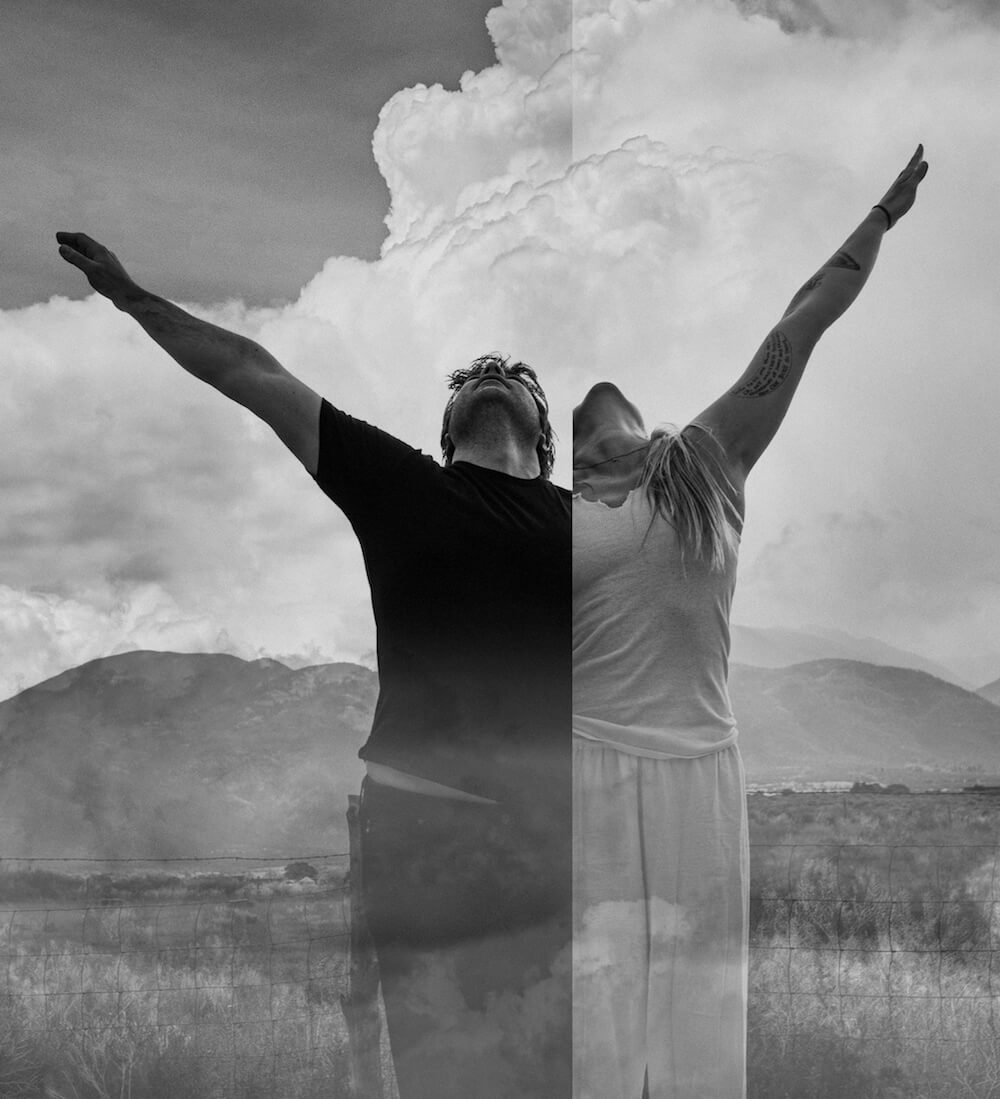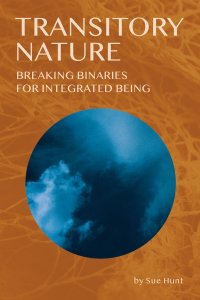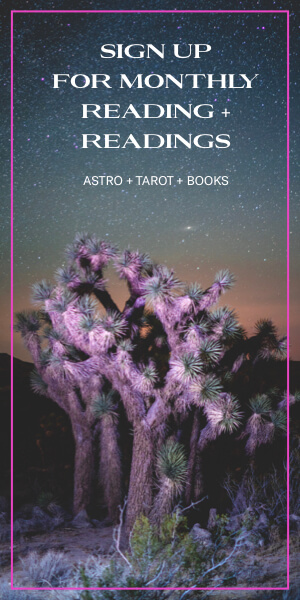What Can a Radical Buddhist Teach us About Relationship?
BY: The Numinous · Spiritual Development
Being in intimate relationship, with self, others, and the world around us, is what lays the foundations for spiritual maturity and infinite growth. Radical Buddhist and Numinous Books author Sue Hunt explains how …

Relationship is the frontier of deep learning. It is where we get to explore and excavate our own hypocrisy and insecurities, and to discover our threshold for deep intimacy. Everything we do in this incarnation is within the structure of some sort of relationship. Be that to self, to another living being, to a community, to an ecosystem, or even to an institutional structure.
Within mainstream consciousness we often associate “intimacy” with romantic relationships, close friendships, and familial connections. But expanding our definition of intimacy is key to sharpening our self-understanding and our interconnectedness with one another and all other beings.
Intimacy speaks simply to the ability to be transparently honest with yourself, and to communicate that honesty in a non-violent way with your surrounding reality and communities. On another layer, it speaks to our deep sensual connection to the surrounding ecosystem.
A foundational understanding of the nature of intimacy is something we have lost in our face-paced, material-centric societies. Earthly wisdom, symbiotic connection, and the chain of cause and effect, are radically important to the Buddhist’s view of reality and relationship. Spiritually the two are intrinsically linked: reality = relationship.
There is a phenomenal teaching within several Buddhist lineages, for ease of translation it’s called Infinite Regress. It teaches that, as humans, we have the unique ability to reason, reflect and objectively view the world. This is I-consciousness; our uniquely altered perception.
Infinite Regress asks each of us to reflect upon the chain of causes and conditions that brought any person, place, or thing into our lives. This process is what begets the privilege of being in a deep intimate relationship with something or someone.
For example, the food we consume comes from a long chain of causes and conditions. By consuming that food we are therefore in “relationship” to the entire chain of cause and effect that supported its “beingness.” This helps us to be in mindful relationship with what we consume.
Same goes for the personification of relationship. For example, a friend or a partner also found their way into our waking lives through a chain of causes and conditions, and through the relationship itself we are innately linked to the complexity of that chain. Our awareness of this is the foundation of intimacy with others.
If we played this contemplation game with many of the connections in our lives, we would be able to trace the overlap, the hardship, the fluidity, the sacrifice, and the divine states of creation that gave rise to any given relationship.
This level of contemplation allows for deep respect for the path of creation and connection, and therefore an intimate perspective that helps center the value of the “relationship” itself—as opposed to seeing the relationship primarily for what we can get out of it, or solely from our own perspective.
Our culture’s glorified versions of romance, monogamy, and heteronormative partnerships often bypass the foundational understanding of intimate relationship by limiting it to certain socially acceptable circumstances. This leaves an entire frontier of connection, sensuality, and awe untouched in our own explorations of self and other.
Refining our threshold for observation, absorption and reflection, increases the depth of intimacy within all of our relationships, most importantly our ability to witness self with transparency and honesty.
This depth of inner exploration radiates from our core, allowing others to feel encouraged to do the same when they step into relationship with us. This is the ground of non-violent relating, reflection, and respect for self and others. It creates a levity in our own heart, as we work with our karmic imprints. When we share space with others, it allows them to courageously see themselves within our reflection.
Relationships can feel heavy, complex, and layered with unconscious power dynamics at times. These are key indicators that we have bypassed the work of building a non-violent foundation for the actual “entity” of the relationship to grow from.
A spiritually mature way to build this ground of non-violent relating, is to theoretically see three entities within the relationship: you, the other human, and the frequency of the relationship itself as a third and separate entity.
To do this, you and all of your glory must be passionately committed to your own transformational purpose. The other person must be doing the same, allowing both of you to grow out of the unique set causes and conditions of the past, giving way to a new reality in the present.
This is when the third and spiritually mature container of “relationship” can truly arise with clarity as a catalyst for mutual growth.
Over time, the relationship takes on a creative force of its own, but for it to sustain and to thrive, neither you or the other person involved can sacrifice this passionate transformation of self. It is the gas in the tank that feeds the growth of the third entity, the relationship, calling each of you to uplevel in self-transparency, inner work and objectivity with one another.
On a physical level, I like to remind myself that I am even in pranic relationship with I deem inanimate objects. Keeping our inner and outer spaces clean and intentional also allows us to consciously choose what frequencies we actually want to be in relationship to.
This reflection has profound effects on our rate of consumption, freeing up precious prana that can now go to developing sensuality—meaning the full engagement of all of our sense portals—and deep intimacy with all beings and all things.
Seeing as your own purposeful transformation is the catalyst to authentic relating, it is vital to continually seek and practice self-honesty. The Infinite Regress contemplation can provide both a sensitive and a big vision perspective of our interconnectedness with all that is.
It will highlight the triumphs and tribulations that have lined the path of beingness of self and others. Within this, a commitment to widening the scope of intimacy and its varied forms within our inner world, becomes the doorway to spiritual maturity.
Remember, Reality = Relationship
We must be able to see the dynamic flux of our own realities to authentically be in relationship with anyone or anything.
///
 Sue Hunt is the author of Transitory Nature: Breaking Binaries for Integrated Being, out with Numinous Books on April 13, 2021. Pre-order your copy HERE—and enter your preorder details for your invite to a FREE 60-minute dharma talk with Sue on May 17.
Sue Hunt is the author of Transitory Nature: Breaking Binaries for Integrated Being, out with Numinous Books on April 13, 2021. Pre-order your copy HERE—and enter your preorder details for your invite to a FREE 60-minute dharma talk with Sue on May 17.







